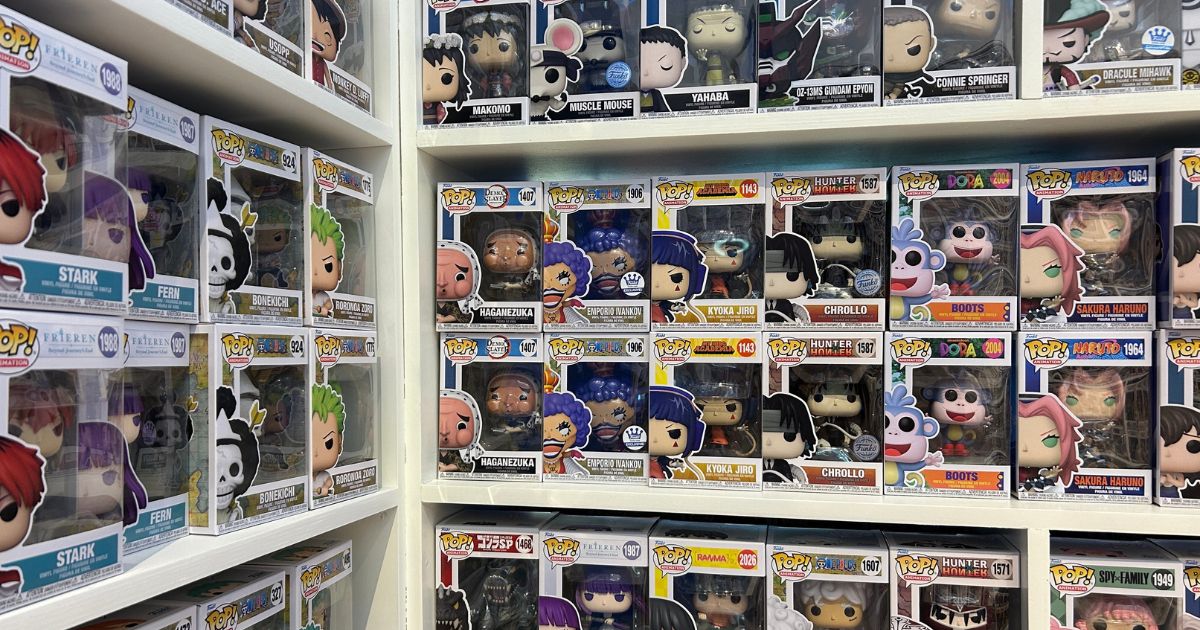
Upgrade to High-Speed Internet for only ₱1499/month!
Enjoy up to 100 Mbps fiber broadband, perfect for browsing, streaming, and gaming.
Visit Suniway.ph to learn
You’ve probably seen lubricants next to condoms and pregnancy tests at the drugstore, and if that’s the only time you’ve come across them, then you’re not alone. Many Filipinos are unaware of lubricants and their uses.
These liquid gels packaged in bottles or sachets are actually “interventions for care of sexual functioning and well-being,” according to the World Health Organization.
In other words, using lubricants is self-care.
Usually applied on the genitals or the anus during vaginal sex, anal sex, and other sexual activities, lubricants can be used by people of all gender identities and sexual orientations, WHO says, from the time when they are around 15 to 19 years old up to when they’re older.
Research cited by WHO has also found that individuals experience the following benefits through the use of lubricants during sex:
- Reduced dryness, pain, and discomfort
- Increased pleasure for themselves or their partners
- Reduced risk of tearing the vulva, vagina, or anus
- Feeling aroused more easily, increased readiness for sex, reciprocity
- Reduced chance of condoms drying out and breaking, and making condom use more enjoyable
“No shame in this”
Despite the advantages of using lubricants, Filipinos sometimes feel judged and embarrassed for buying them. This is what DKT Philippines, the company behind Trust condoms and EZ Lubricating Jelly, has found through consumer research across socioeconomic backgrounds and regions in the country.
At the same time, there are Filipinos who use alternatives like coconut oil, cooking oil, and Vaseline, which is not a very good idea. These substances prevent one from practicing safe sex because latex condoms deteriorate when oil-based substances are added to them.
These substances can also “create irritation and take away from pleasure,” says DKT Philippines chief executive officer Denise van Dijk.
Water-based and silicone-based lubricants are the better choice, with the former not staining on clothes or bed sheets like the latter.
Despite some shame around lubricant use, van Dijk notes there is a younger generation of Gen Z and millennial women who are curious about it. They also want to take control of their own pleasure and sex lives. Lesbian women are using it on sex toys to reduce friction, too, while menopausal women also benefit from lubricants, as the latter addresses vaginal dryness.
“Nobody says that once you turn into menopause, you can’t experience pleasure anymore from sex, you know,” van Dijk says.
Men who engage in sex with other men, as well as heterosexual couples who engage in anal sex, are also frequent users of lubricants, as the latter helps prevent tears or ruptures.
Lubricants on their own do not combat sexually transmitted infections or HIV, but applying them helps prevent condom breakage because it makes the friction smoother.
“In this huge HIV epidemic that we’re seeing in the Philippines, every little bit helps,” van Dijk stresses.
Interestingly, their lubricants with scents, flavors, and cooling effects sell more than regular ones.
“Consumers have actually indicated to us, ‘Can we please have more scents and more flavors because we want to spice it up and we want to have more variation in choice?’,” van Dijk says. “I think it’s a good development. It shows that people are experimenting. It’s normalizing the conversation. They’re having fun with it, you know.”
Not just for the bedroom
Local lubricant Lubie, meanwhile, differentiates itself from other brands by promoting its use outside the bedroom as well.
At a previous job, pharmacist John Paolo Matias would go on medical outreach activities to diagnose patients’ prostate health and have to buy expensive lubricants for it. An injury kept him from continuing to work there, so he decided to put up a business that addressed the issue he identified, instead.
Today he is the chief operating officer of ApexPoint Pharmaceutical and Medical Supplies Manufacturing OPC, which is behind Lubie.
Matias says they promote their product at fun runs and sports fests because athletes can use it as moisturizer for chafed skin or blisters on feet. The water-based gel can also be used to smoothen frizzy hair, and is an alternative to shaving cream for the face and body. Matias adds that the clear formula makes it easier to see what one is shaving, therefore preventing cuts.
It is also used during ultrasounds, rectal exams, and catheter insertions. Matias also notes widespread use among women who wish to make menstrual cup insertion pain-free.
“50 percent goes to intimate moments, and then 50 percent goes to other uses,” he says.
As there is still much to do in terms of spreading awareness on lubricants, Matias has heard concerns from customers who are worried about skin irritation and adverse effects for couples who are trying to get pregnant.
He assures them that the FDA-registered lubricant is safe for women who want to get pregnant, pregnant women, as well as nursing mothers. “Safety studies” on ingredients used have also proven the formula appropriate for use on the skin.
Filipino values
“‘Yung stigma talaga nandun pa,” Matias says, recalling the public reception to Lubie when they started promoting it online.
(“The stigma is still there.”)
Because lubricants are used for sexual activities, they are automatically seen as lewd or bastos.
But for Matias, lubricant is just like any other item you buy for your hygiene and health. “Dapat common siya na, when you need it, you buy it, you use it.”
(“It should become common that when you need it, you buy it, you use it.”)
And while some users associate it with shame, others associate it with a good time.
“There’s nothing wrong with having pleasure,” van Dijk says. “That’s why people have sex in the first place!”
She also believes using lubricants is aligned with our values.
“If there’s one thing that I’ve come to learn about Filipinos is that when they can have a good time, they will. And at the same time, if they can help themselves or their partner or their community, they will always jump at that opportunity because they’re such serving and such reciprocating people,” she says. “In that sense lubricant is not that much… removed from Filipino nature.” — LA, GMA Integrated News

 1 month ago
41
1 month ago
41

_2025_06_26_18_50_25.jpg)

